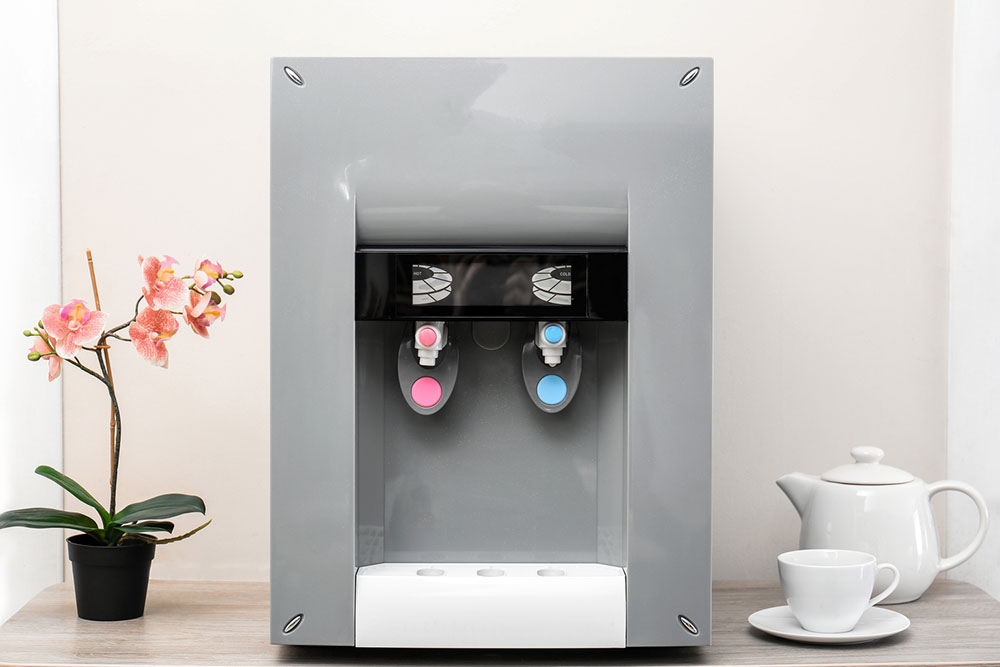7 reasons why every home needs a water purifier

According to the Centers for Disease Control and Prevention (CDC), about 7.2 million people in our country fall sick due to waterborne diseases every year. Families with young kids and infants need to be wary of these diseases as a child’s immunity is vulnerable to bacteria and viruses. Water purification is one way to stop the onset of such diseases in families. There are many reasons why water purifiers are necessary:
To save money
Premium water purifiers are expensive these days because they have endless features. Installing them in the house also costs a lot, so people do not get them. However, purchasing and installing a water purifier is an investment that helps families save thousands of dollars in the long run. How? Purifiers are designed to kill all bacteria and viruses from water. This stops harmful diseases from affecting those who drink water from these systems daily.
Healthcare assistance is costly today, and the rates are expected to rise further as the years go by. So, instead of spending money on healthcare, one can use it to bring home a high-end water purifier. When deciding on a model, one must compare the available options thoroughly and check the prices at different retailers. This will help one get a good product for less.
To have better tasting and smelling water
Water that is less contaminated (or not contaminated at all) usually tends to have a natural and organic taste and smell. Unlike contaminated and chemical-fueled water, it has no characteristic taste or smell, which makes it great to drink. At first, people may be slightly put off by the taste and smell of clean water, but over a while, a household’s occupants will get used to it and begin liking it as well.
The unpleasant smell of water is caused by dangerous Volatile Organic Compounds (VOCs). Water purifiers cleanse water of these elements and make it more palatable. This is why purifier-based water is pleasant to smell and taste.
To have a lesser percentage of mineral deposits
Even after the local authorities process the water stock sent to homes for domestic use, it continues to have a large assortment of minerals and other dissolved chemicals. These elements give the water an industrial taste and flavor. Water purifiers are designed to eliminate any harmful elements. As a result, the water from a purifier is softened, purified, and free from unwanted minerals and chemical components.
Consuming hard water for long tends to negatively affect a person’s skin, blood, and kidneys. These risks can be avoided by drinking the nectar-like water drawn from purifiers.
To enjoy improved indoor air quality
Many people find it hard to believe that installing a water purifier in the house can also improve indoor air quality. However, the two seemingly disparate elements have a connection of sorts. Water filtration also improves the air quality in one’s home and eliminates traces of dust and particulates from the environment. This reduces the chances of people with asthma getting attacks and allergic reactions.
But how does a water purifier clean the air? The simple answer is that many people fill their humidifiers with purified water. By doing so, the humidifier does not transfer the harmful elements from the water into the air, which keeps the environment fresh. So, people stay away from both water and air-borne illnesses. This is one of the more underrated and overlooked benefits of installing a water purifier in one’s home.
To contribute to environmental sustainability
Environmental sustainability is yet another overlooked benefit of water purifiers installed in houses. The environment is debilitated by the overuse of plastic in today’s age. A large amount of plastic comes from water bottles sold commercially in retail stores. However, those with water purifiers and filters set up in their houses purchase and use plastic bottles less frequently. In this way, water purifiers indirectly play their part in making houses more environmentally sustainable. What’s more, when the demand for a brand’s water bottles decreases, the company tries to make them more environmentally friendly to attract buyers.
To prevent skin irritation
People with sensitive skin often experience allergic reactions and irritations when drinking impure water. Water that is not purified usually has alkaline deposits, which can worsen these skin issues. This makes a purifier incredibly useful for people living with inflammable conditions like eczema and psoriasis. Water filtration systems are designed in a way that harmful elements get eliminated from water, regardless of whatever source they are coming from.
To prevent waterborne diseases
This is the main reason why people install water filtration systems in their houses. These systems kill harmful microbes and bacteria that cause diseases like fever, jaundice, and cholera. Children who drink impure water on a regular basis are susceptible not just to these diseases but also to digestive, respiratory, nervous, and circulatory issues. In the long run, drinking impure water can have life-threatening consequences for everyone. However, one also needs to follow healthy lifestyle habits to stop waterborne diseases besides installing a water purifier in the home. Further, one must remember that the benefits will take time to be noticed.









